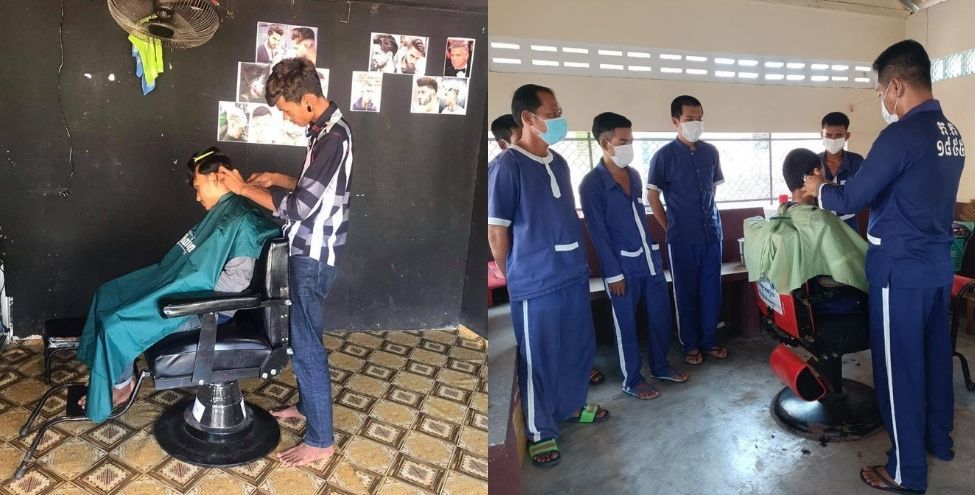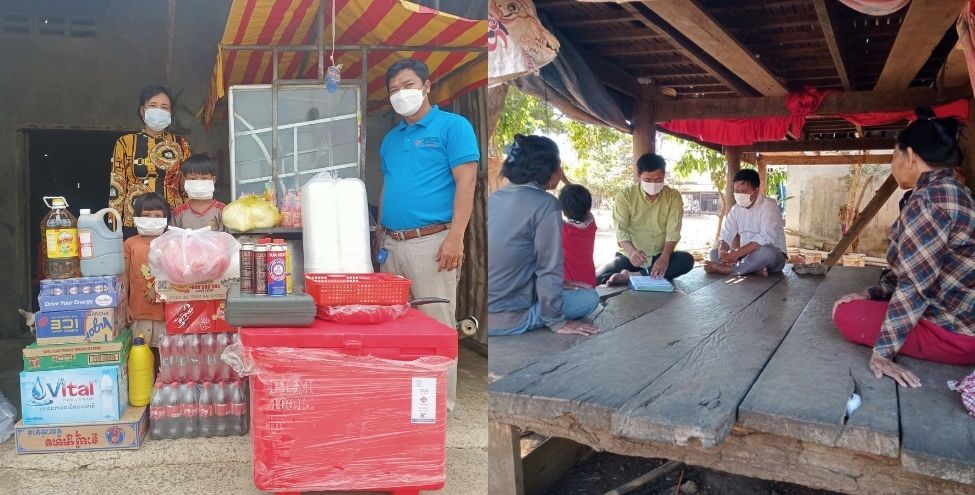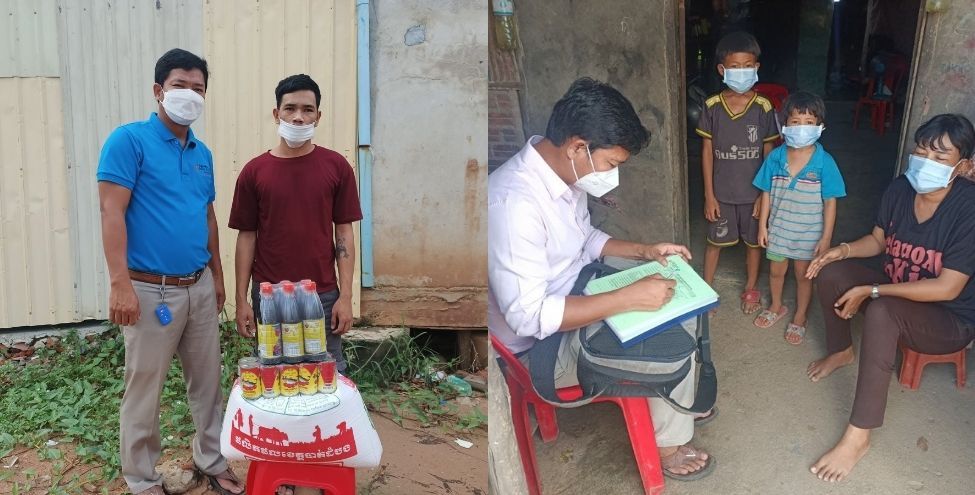J574N Adopt a Prison Program
Cambodia, Southeast Asia

The Situation
The recidivism or re-offending is affected by a range of factors, including education level, employment history, substance abuse, social support, physical and mental health, and accommodation. The lack of education and employment skills and other factors that correlate with recidivism often result in unemployment. Education and vocational skill training for adult prisoners and offenders can make a significant difference to successful post-offending employment outcomes and thus reduce the likelihood of re-offending. Employment assistance programs for adult prisoners and offenders can significantly lower the rate of re-offending. The willingness of employers in the community to employ those people with a criminal history is critical to successful employment outcomes. Adult prisoners and offenders participate in vocational skill training programs that are recognised nationally by industry and therefore by employers and other training providers in the community. The integration of education and training with personal support is required for successful transition from prison to the community. This includes one-to-one counselling and ongoing monitoring and assistance.
The Adopt-a-Prison project will help both female and male ex-prisoners in the project to have better lives and relationship with the families and communities, have sustainable income for supporting themselves and their families. They become the good witnesses of life changes and useful human resources for developing the family, community, and country. They are less vulnerable to the risk of re-offending or recidivism, less vulnerable to illegal and unsafe migration, less vulnerable to human trafficking, abuses, or exploration. They will improve their employment or lively-hood knowledge and skills, more confident and think positively about vocational skill training that will help them to find suitable job or works without discrimination through getting more access to vocational skill training and other related services before they are released.
The Adopt-a-Prison project will help selected prisons to be able to provide enough vocational skill training for prisoners with qualified trainers, available materials for training/practice, available budget, available spaces for training (for some prisons), and better curriculum or procedures. The prisons also will have better orientation and clear selection procedure/criteria and able to select the right prisoners to attend the courses and allow to have enough time for them to learn and practice. These will increase the willingness and commitment of the prisoners to attend the vocational skill training.
In a bigger picture The Adopt-a-Prison project will also contribute to make the community, country, regions, and the world safer, and more developed inclusively. It contributes to the achievements of the world Sustainable Development Goals such as Goal #1: End poverty in all its forms everywhere, Goal #4: Ensure inclusive and equitable quality education and promote lifelong learning opportunities for all, and Goal #8: Promote sustained, inclusive, and sustainable economic growth, full and productive employment, and decent work for all etc.
The Objective:
· Support/help to provide vocational skill training courses: Cooperate with General Department of Prisons, the selected prisons and vocational training institutes to provide qualified vocational skill training to selected prisoners.
· Support Reintegration: To provide Pre-release support services: including conducting Service Orientation, and interviewing/selecting them into the PFC Reintegration, prepare individual Follow-up Plan for reintegration, pre-released family visit to discuss about the future of the prisoners, and provide release support on the day of prisoner’s release date.
· On-going support on Reintegration: Continue working with ex-prisoners in the project after releasing including home visit to monitor the progress in the community, providing basic packs for released prisoners, support further skill training to ex-prisoners, support them to find employment, research of skill training vs. market demand, and/or support them to run their own businesses.
J574N


